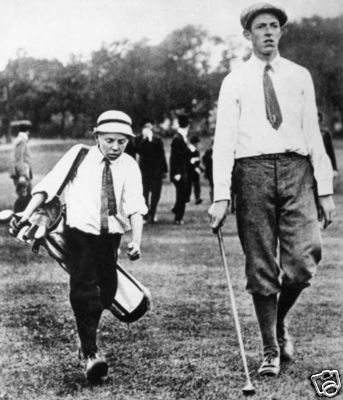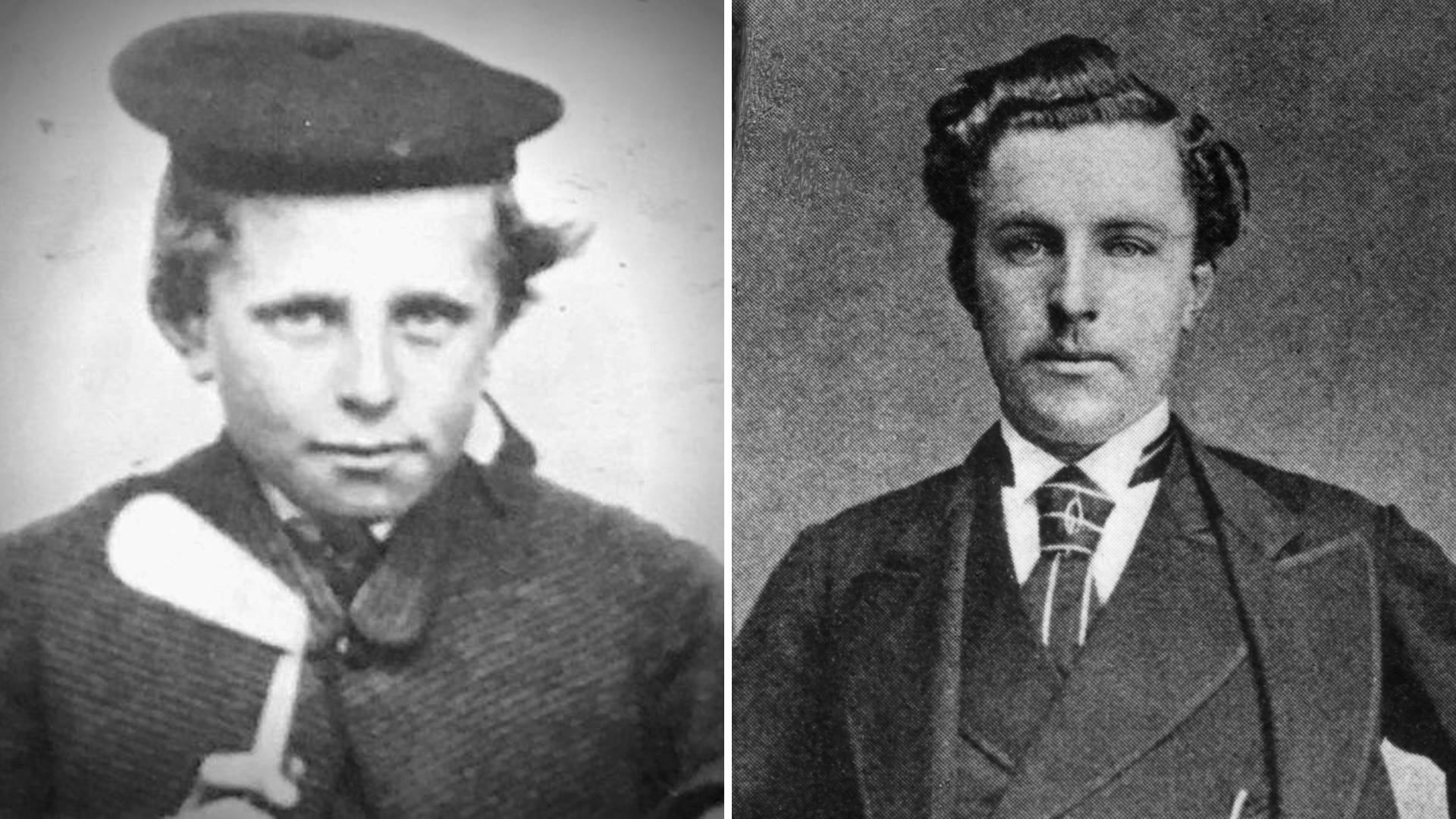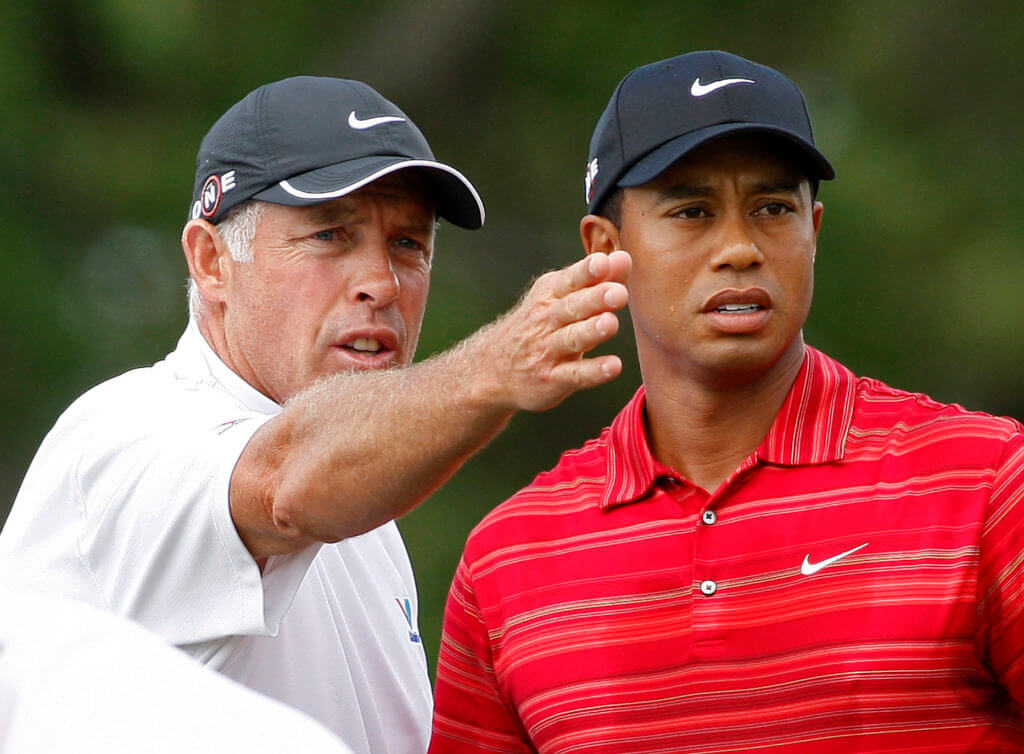The Role of Caddies in Traditional Golf: A Historical Perspective
Posted by Knicks, Links, & Inks Publishing on Oct 1st 2023
The role of caddies in golf is deeply intertwined with the history and tradition of the game. From the early days of the sport in Scotland to the professional tours of today, caddies have been integral to the golfing experience. They provide not only physical assistance but also strategic insights and moral support, forming a unique bond with golfers. We will examine the importance and evolution of caddies in golf, exploring how their roles have changed over time and highlighting their continued significance in the sport.
The Early Days: Origins in Scotland
The origin of caddying can be traced back to Scotland, the birthplace of golf. In the early days, golf was played by the Scottish elite, and the role of the caddie was often filled by local boys and men who needed work. These caddies were responsible for carrying clubs, finding lost balls, and maintaining the course.

Key Characteristics of Early Caddies:
- Local Knowledge: Early caddies had an intimate knowledge of the courses they worked on, which were often rugged and natural landscapes.
- Multifaceted Roles: In addition to carrying clubs, early caddies often served as course maintenance workers and ball finders.
- Informal Arrangements: The relationship between golfer and caddie was typically informal, with caddies earning small fees or tips for their services.
The Evolution of the Caddie’s Role
As golf grew in popularity and spread beyond Scotland, the role of the caddie began to evolve. The establishment of formal golf clubs and organized tournaments brought more structure to the caddie profession.
Development of Professional Caddying:
- Club Caddies: Golf clubs began to employ caddies on a more permanent basis, providing them with uniforms and standardized fees.
- Caddie Training: Some clubs introduced caddie training programs, teaching young caddies the etiquette and skills needed to assist golfers effectively.
- Strategic Partnership: The relationship between golfer and caddie became more strategic, with caddies offering advice on club selection, course management, and shot strategy.
Iconic Caddie Figures:
- Old Tom Morris: A legendary figure in golf, Old Tom Morris started his career as a caddie before becoming a renowned player and course designer. His journey from caddie to golfing legend highlights the important role caddies have played in the sport's history.
The Modern Era: Caddies on Professional Tours
In the modern era, caddies have become indispensable on professional golf tours. The dynamic between professional golfers and their caddies is a key element of success on the tour.
Role of Caddies on Tour:
- Strategic Advisors: Modern caddies are not just bag carriers; they are strategic advisors who help golfers navigate the course, read greens, and make critical decisions under pressure.
- Psychological Support: The mental aspect of golf is significant, and caddies often serve as a calming presence, helping players maintain focus and confidence.
- Physical Demands: Carrying a heavy bag over 18 holes, often in challenging weather conditions, requires significant physical stamina and endurance.
Famous Caddie-Golfer Partnerships:
- Steve Williams and Tiger Woods: One of the most famous caddie-golfer partnerships, Steve Williams was on the bag for many of Tiger Woods' major victories. Their partnership is often credited with contributing to Woods' success.
- Jim “Bones” Mackay and Phil Mickelson: Another iconic duo, Bones and Mickelson worked together for over 25 years, winning numerous tournaments, including major championships.
The Continuing Importance of Caddies
Despite advances in technology, such as GPS rangefinders and detailed course maps, the role of the caddie remains crucial. Their experience, intuition, and personal connection with the golfer provide an irreplaceable advantage.
Ongoing Contributions:
- Junior and Amateur Golf: Caddies play a significant role in junior and amateur golf, where they often act as mentors and coaches, helping young players develop their skills and understanding of the game.
- Caddie Programs: Many golf clubs and organizations have caddie programs that offer scholarships and career opportunities, recognizing the valuable role caddies play in the sport.
Modern Challenges:
- Economic Pressures: The cost of hiring a caddie can be prohibitive for some amateur golfers, leading to a decline in caddie use at many courses.
- Technological Advances: While technology can aid in course management, it cannot replace the personal insights and support that a skilled caddie provides.
The role of caddies in golf has evolved significantly from the early days in Scotland to the professional tours of today. Caddies have always been more than mere bag carriers; they are strategic partners, trusted advisors, and crucial supporters. Their knowledge, experience, and unique bond with golfers have made them an integral part of the sport’s history and tradition. As golf continues to evolve, the importance of caddies remains undiminished, ensuring that they will continue to play a vital role in the game for generations to come.



